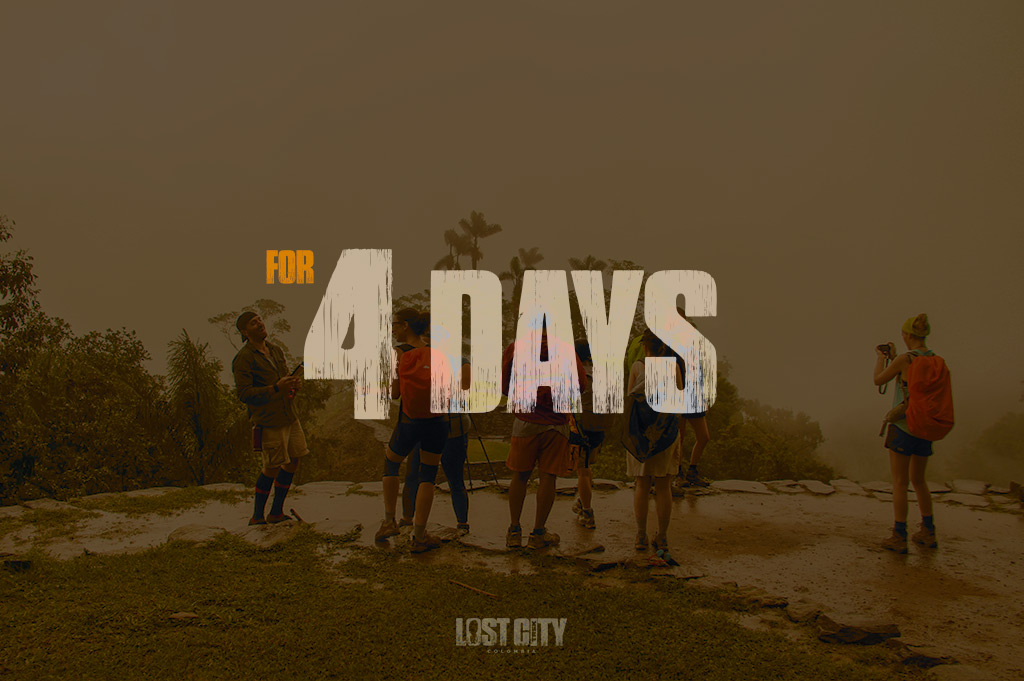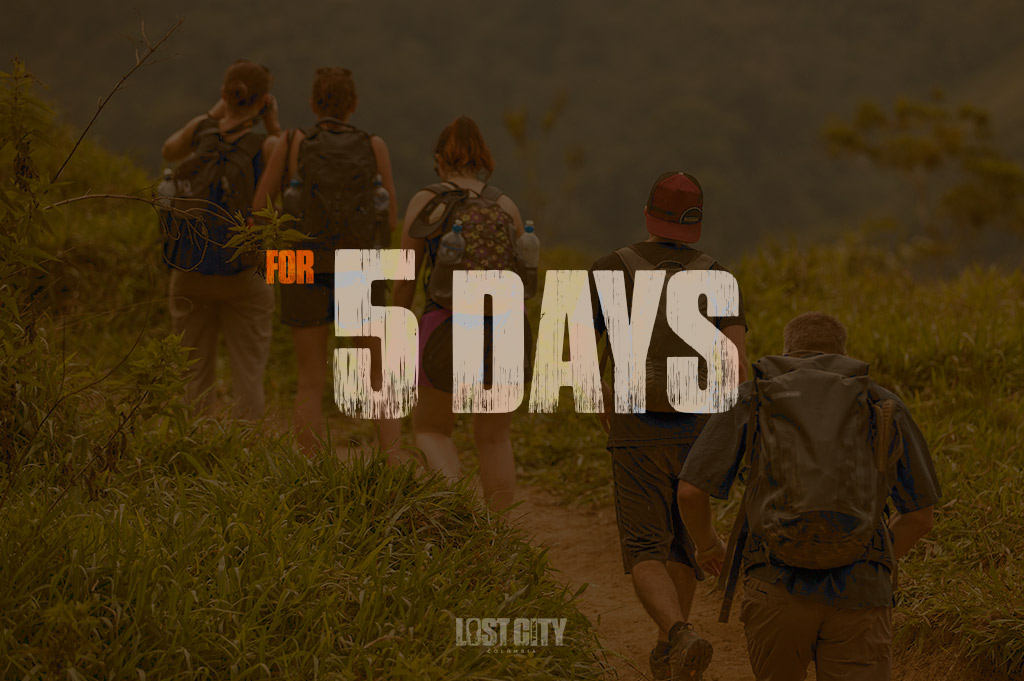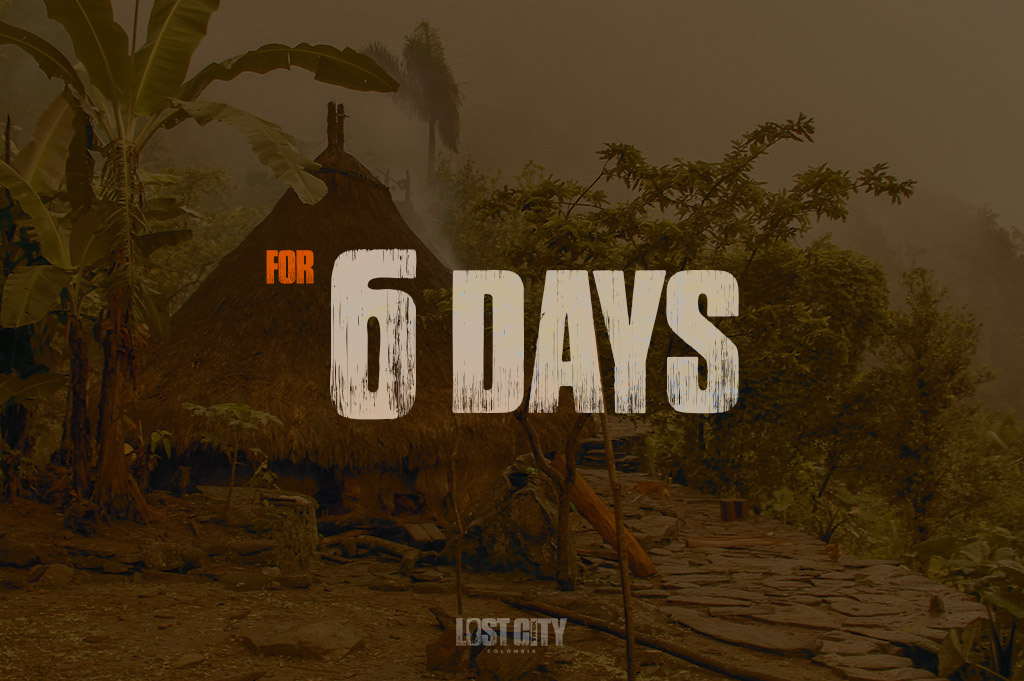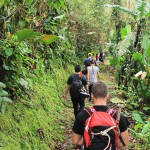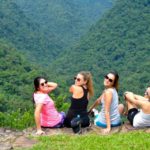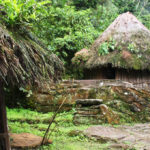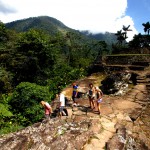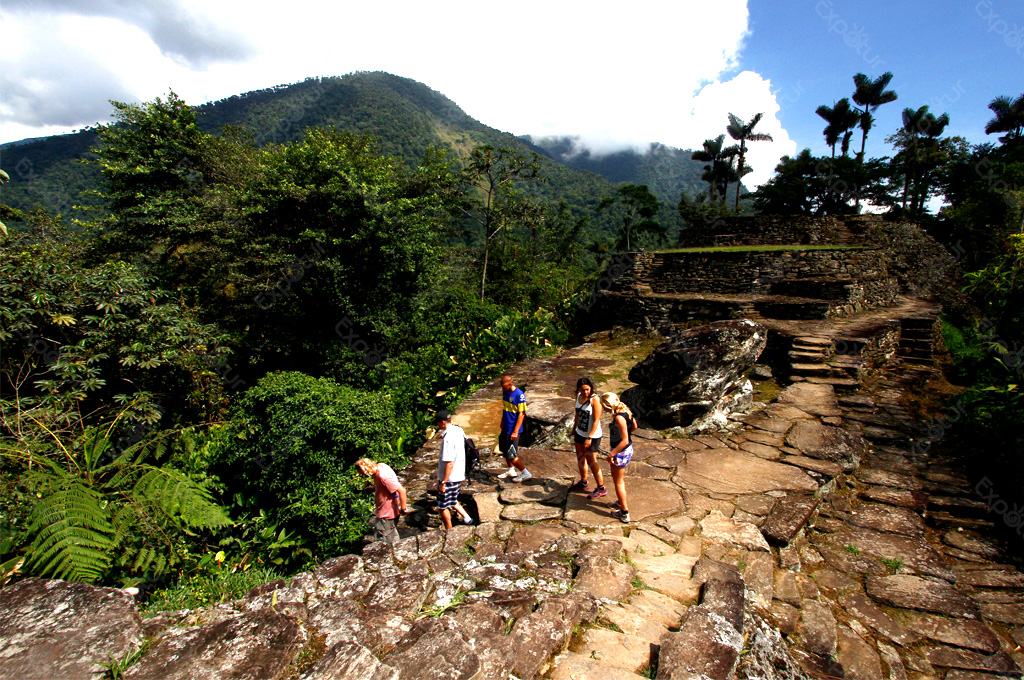
Tourism and Peace
The route to Lost City “Teyuna” in the Sierra Nevada de Santa Marta is as model of Tourism, Peace and Coexistence region.
In our agency, we are convinced that through a sustainable, friendly and honest tourist operation with the environment and the communities involved who actively participate in the entire value chain, we can make a great contribution to achieve the desired Peace in Colombian territory, on the basis that it is through the generation of more and better employment opportunities that contribute to improve the quality of life of those relegated rural communities can strengthen the emotional bond necessary for the construction of a just society and equal to thrive and move forward positively without distinction of class, political affiliation, race or religion.
Declaration of Bogotá Peace through Tourism
On June 27th, 2014 as part of the XII International Seminar OMT; as authorized and outstanding local tour operators in the Caribbean region for our commitment to the communities involved in tourism operations throughout the route to Lost City Archaeological Park “Teyuna”, signed the Declaration of Bogotá as the preamble of the “Tourism and Peace “undertaken by the Government with all participants involved in tourism activities taking place in regions that were the scene of the war that the country experienced.
We, participants in the Seminar “Tourism Opens Doors to Peace” meeting in Bogota on June 27, 2014:
Recognize:
That tourism is a cultural and social phenomenon that engages people of all nations as hosts and guests and as such is one of the universal activities of humanity.
That tourism is one of the most influential industries in the world, which generates one of every eleven jobs, contributes to national and regional growth, creating networks between developed, developing countries, promoting prosperity, and peace.
That peace is an essential condition for tourism and all aspects of growth and development.
We declare:
- Tourism is a human activity that involves values, cultural, religious, environmental, political, and economic responsibilities, among others.
- The right to travel is a fundamental right, which must be exercised without restriction, including facilitating travel for people living in disability and special needs.
- The historical monuments and cultural and natural heritage must be protected and, if it is necessary, restored as valuable assets for humanity and heritage for future generations.
- The preservation and proper use of the environment and ecological balance are essential to the future of tourism and the ancestral knowledge of indigenous communities and care for the Earth must be recognized and respected.
- Human differences should be respected and cultural diversity celebrated as valuable human assets and peaceful relations between everyone should be promoted and protected through sustainable tourism.
- The universal scope of the tourism industry should be used to promote peace meetings between nations and regions.
- The economic and political impact of tourism will be used for the development of inclusive and participative socio-economic models.
- Cooperation between nations forges stronger fraternal bonds and tourism.
We support:
The Government’s efforts in promoting a negotiated solution to the armed conflict that could bring lasting peace to our country and give our visitors a nation with their regions at peace that welcome travelers from all over the world.
We are committed to building a culture of peace through tourism and support the principles outlined in this statement.
Peace May prevail on Earth and in Colombia.
This is adopted on 27 June 2014.

